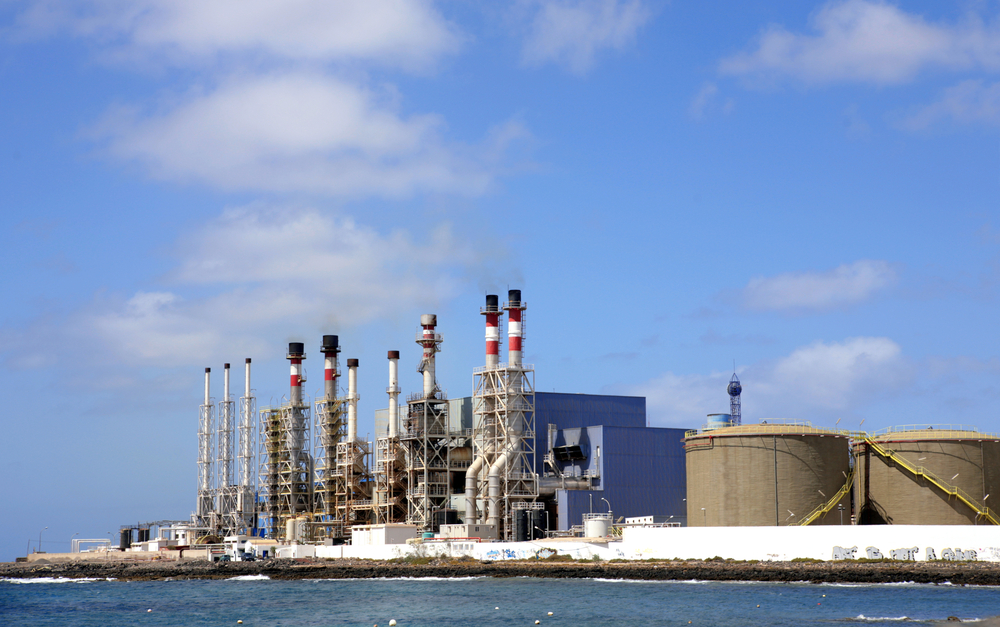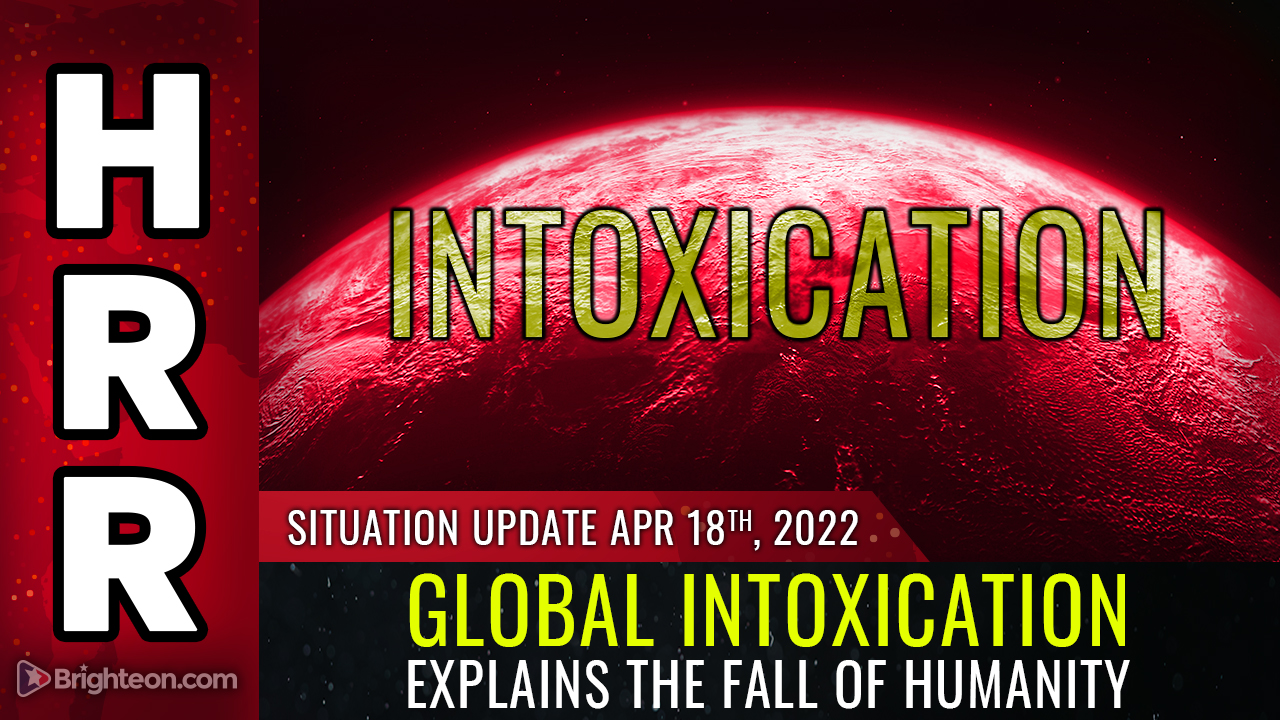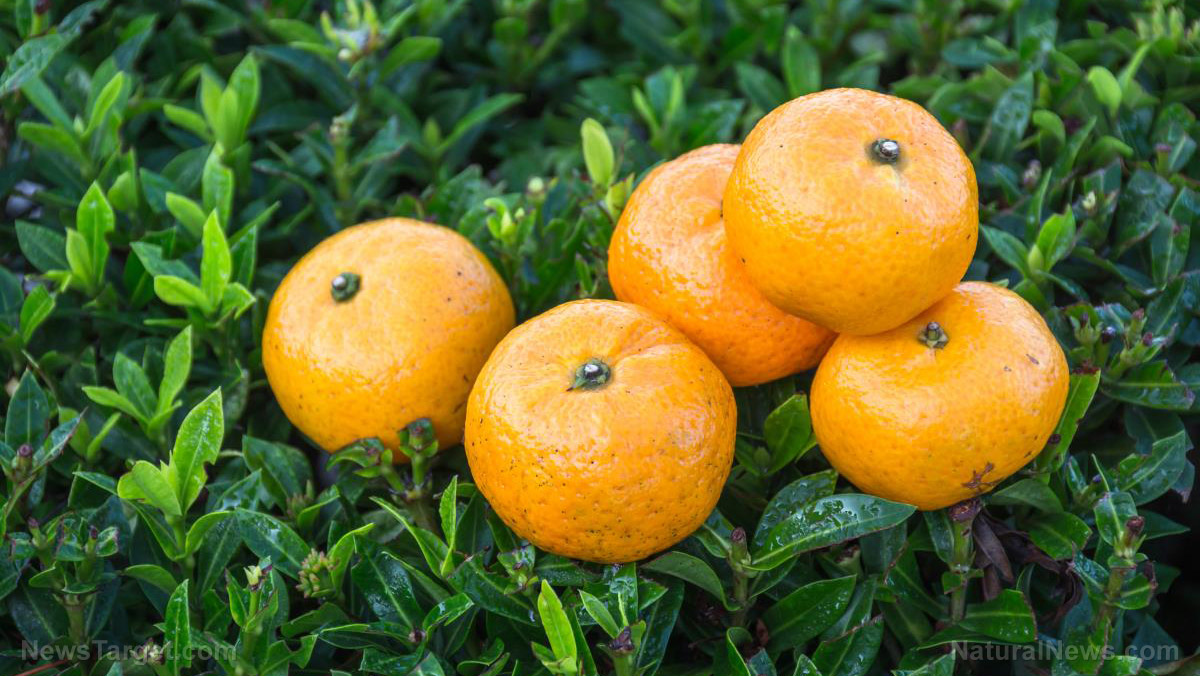Scientists turn single-use plastics into jet fuel
05/02/2021 / By Divina Ramirez

Single-use plastics like plastic bags and plastic bottles could provide airplanes with the fuel they need to fly. In a recent breakthrough, a team of researchers from the University of Delaware found a way to break down single-use plastic waste into smaller carbon molecules, which can be used for jet fuel and diesel.
Using an energy-efficient process and a novel catalyst, they were able to break down polyolefins. The versatility of this family of polyethylene and polypropylene thermoplastics makes it one of the most popular plastics. In fact, polyolefins currently account for up to 70 percent of all plastics.
But polyolefins are more difficult to recycle than other plastics. The new method addresses this problem, allowing them to be broken down in just a few hours at relatively low temperatures. The process also requires 50 percent less energy than other technologies and is said to be carbon-neutral.
The work was reported in a paper published Wednesday, April 21, in the journal Science Advances.
New method breaks down plastics into fuel
Chemical conversion is the most versatile approach to reducing plastic waste, said principal investigator Dionisios Vlachos.
For their method, Vlachos and his colleagues used a novel catalyst made up of zeolites and mixed metal oxides, which broke down the carbon bonds in the plastic. Zeolites are used in water softeners and house detergents to counteract minerals like calcium and magnesium. They are also used to refine crude oil into gasoline. (Related: Plant-based jet fuels could soon be an alternative to petroleum.)

Meanwhile, mixed metal oxides are found in antacids, which are designed to neutralize stomach acidity. Alone, zeolites and mixed metal oxides do a poor job of melting plastics. But together, the combination does magic, said Vlachos. Mixed metal oxides break down larger plastic molecules, while zeolites foster the formation of branched molecules. This makes it easier to transform the plastic goop into an end product.
The plastics are melted in just a couple of hours at around 480 degrees Fahrenheit, which is just a bit hotter than what it takes to bake a potato. The researchers then stabilize the resulting plastic goop by adding hydrogen molecules. The end product can then be used to create jet fuel, diesel and lubricants.
The process, called hydrocracking, also works on all kinds of plastics, so Vlachos and his colleagues don’t have to separate the plastics beforehand. A process like this can be immensely helpful since many of the plastic products sold today are comprised of different kinds of plastic materials.
Vlachos also pointed out that neither zeolites nor mixed metal oxides are exotic materials. Therefore, scientists should have no trouble experimenting with the process for practical applications.
Though groundbreaking, this process doesn’t signal the end of plastic waste. It only deals with one symptom of a much larger issue, that of global plastic pollution. Nonetheless, Vlachos said reducing plastic waste by chemically converting it into fuels can play a powerful role in driving a circular economy.
In a circular economy, plastic products are recycled or converted into something new rather than thrown away. As the circular economy gets going, the world would make fewer original plastics because people would be reusing existing plastics to make new products, said Vlachos.
In 2019, global plastic production totaled about 368 million metric tons. This is unsurprising given how plastic is one of the most versatile materials on the planet. Today, plastics are used in a wide variety of products. They have even displaced materials like wood and metal for some applications because they are much cheaper.
However, more than 75 percent of all plastics produced end up in landfills in the United States alone. Plus, less than nine percent are recycled. Unrecycled plastics can have a significant impact on terrestrial and aquatic environments. So breakthroughs like hydrocracking can change the way we use and dispose of plastic.
Learn more about solutions to plastic pollution at Pollution.news.
Sources include:
Submit a correction >>
Tagged Under:
This article may contain statements that reflect the opinion of the author




















